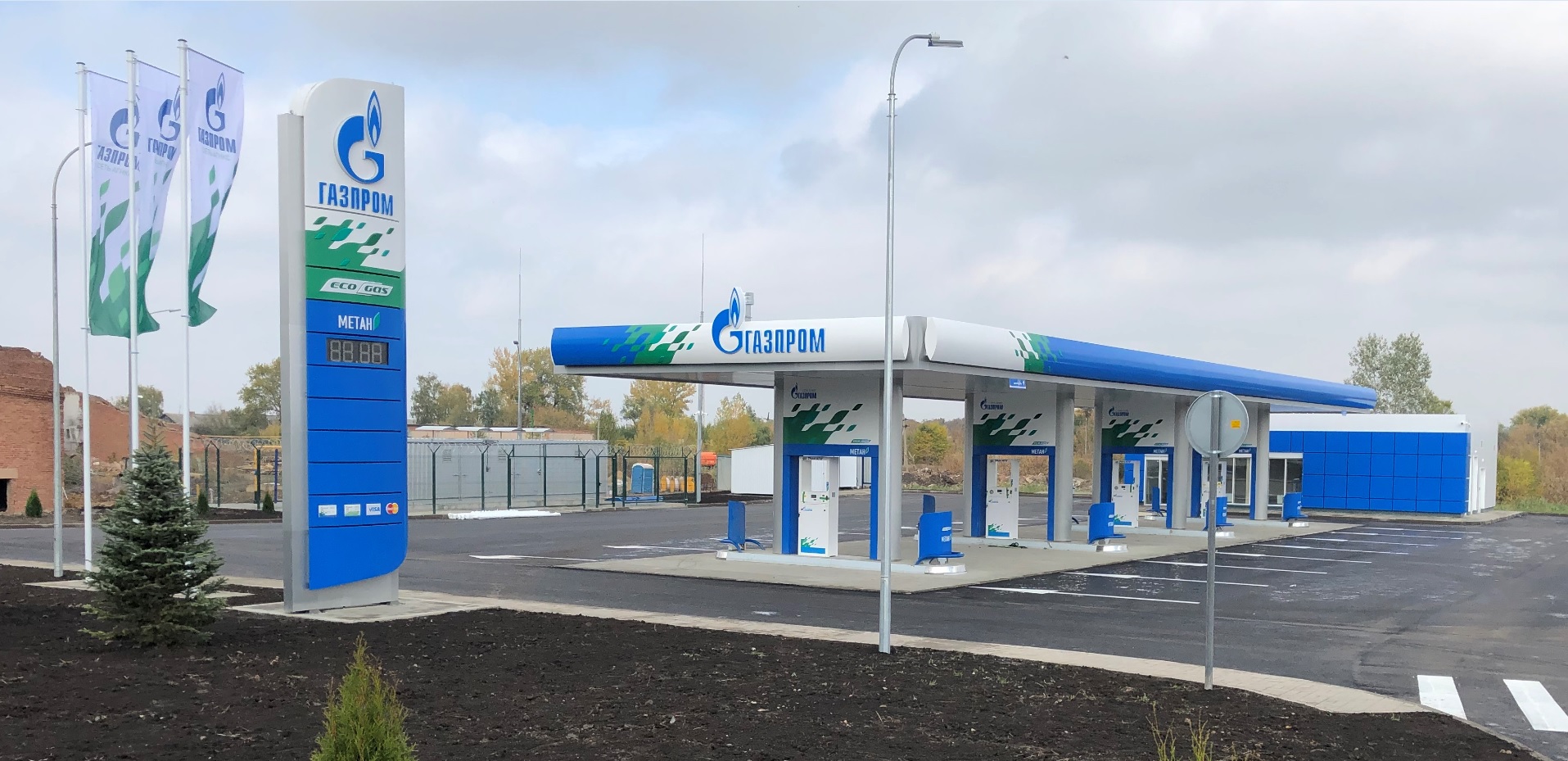
The Gazprom Management Committee held a meeting in absentia.
The Management Committee took note of the information about the Company’s ongoing efforts for the development of the NGV market in the Russian Federation.
It was highlighted that the use of natural gas as a vehicle fuel helps substantially reduce transport costs and environmental impacts.
The sales of natural gas via Gazprom’s refueling facilities continue to grow, demonstrating a 30 per cent increase in 2019. The Company actively cooperates with federal and regional authorities, as well as equipment manufacturers, to expand the NGV market. Among the priority areas of work is the creation of infrastructure for refueling cars, passenger and freight vehicles with compressed and liquefied natural gas on federal highways, such as M-1 Belarus, M-4 Don, М-5 Ural, М-7 Volga, М-10 Russia, М-11 Neva, and the Central Ring Road.
The Company is also running a number of pilot projects for accelerated development of the gas refueling network jointly with the administrations of Russian constituent entities, namely in the Belgorod, Kaliningrad, Leningrad and Rostov Regions and the city of St. Petersburg. In addition to building new gas refueling stations, the projects provide for the expansion of NGV fleets and the creation of new service centers for the retrofitting and maintenance of such vehicles.
Governmental support measures adopted at the initiative of Gazprom are essential to stepping up the development of the Russian NGV market. One of these measures is the provision of subsidies for the construction of gas refueling infrastructure: in 2019, RUB 3.4 billion was allocated from the federal budget for that purpose. In 25 regions of the Russian Federation, the transport tax for gas-fueled vehicles was partly reduced or set to zero.
Another highly promising direction of Gazprom’s activities is liquefied natural gas for railroad and waterborne transport. The Company has already commenced the construction project for a gas-fueled locomotive filling point at the Voinovka station on the Sverdlovsk Railway, with similar facilities planned to be built on the Obskaya – Bovanenkovo – Karskaya railroad. In Tatarstan, the construction of Russia’s first LNG-powered passenger ship has been launched. In addition, marine bunkering projects are being planned.
Gazprom’s relevant units together with Gazprom Gazomotornoye Toplivo and Gazprom LNG Technologies were tasked to continue their efforts for the development of the domestic NGV market.
The issue of the development of the NGV market in the Russian Federation will be submitted for consideration by the Company’s Board of Directors.
